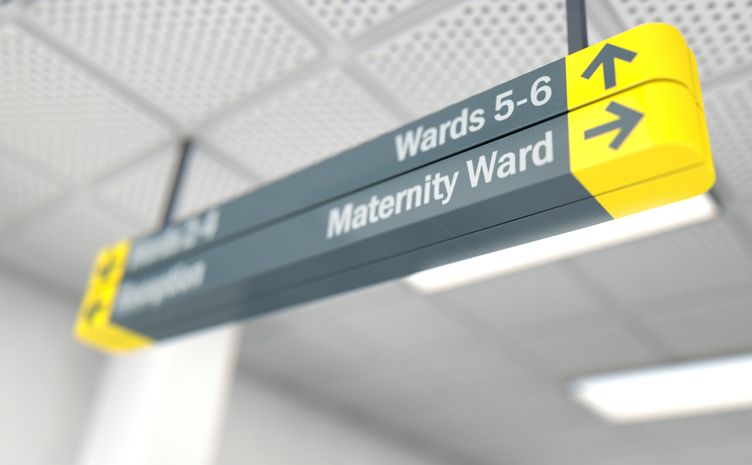We are delighted to see the establishment of the Maternity Disparities Taskforce to explore reasons for disparities in maternity care and address poor outcomes for women from ethnic minority communities and those living in deprived areas. The safety of maternity services has been heavily scrutinised and well documented over recent years with many pushing for real and substantial change to ensure the safety of women and their babies.
Inequalities in maternity care are shockingly prevalent – black women are 40% more likely to miscarry than white women, and maternal death rates are higher among black and Asian women. Birmingham, where levels of social deprivation are high, has the highest rates of neonatal mortality and stillbirths. Whilst the reasons for this are complex, the government is finally taking real steps to address these inequalities.
Patient Safety and Primary Care Minister Maria Caulfield said:
For too long disparities have persisted which mean women living in deprived areas or from ethnic minority backgrounds are less likely to get the care they need and, worse, lose their child.
The taskforce will look to identify the barriers faced and how the government can continue to improve care to further reduce the number of stillbirths and maternal deaths.
The taskforce established by Maria Caulfield and co-chaired by Chief Midwifery Officer, Professor Jacqueline Dunkley-Bent OBE, is set to increase understanding of the drivers behind the disparities, examine the social factors linked to poorer health outcomes, and tackle these issues in order to improve the health and wellbeing of mothers and their babies.
The taskforce will meet every two months to consider how they can tackle, maintain and track progress of the following areas:
- Improving personalised care and support plans for mothers
- Addressing how wider societal issues impact maternal health, working with experts in other government departments
- Improving education and awareness of pre-conception health when trying to conceive, such as taking supplements before pregnancy and maintaining a healthy weight
- Increasing access to maternity care for all women, and developing targeted support for women from the most vulnerable groups
- Empowering women to make evidence-based decisions about their care during pregnancy such as the development of a new digital framework, which provides women with support to make informed decisions during labour
It is a welcomed response from many in the field with Dr Edward Morris, President of the Royal College of Obstetricians and Gynaecologists, commenting:
We strongly welcome this new Maternity Disparities Taskforce which will aim to tackle the unacceptable inequalities that exist […] the colour of someone’s skin should never dictate whether they have a positive or negative birth experience.
Unfortunately, more systemic issues such as lack of funding, poor training, lack of staff and poor management are also contributing factors to the endangerment of women’s safety, so we are happy to see that the NHS is increasing the maternity workforce further with a £95 million recruitment drive to hire 1,200 more midwives and 100 obstetricians.
We hope that The Maternity Disparities Taskforce will finally be able to tackle this longstanding problem.
For more information about our Clinical Negligence and Personal Injury services, visit our web page here.




